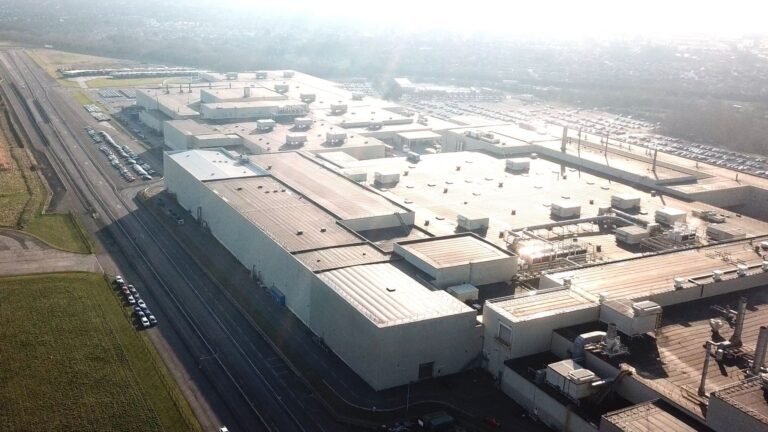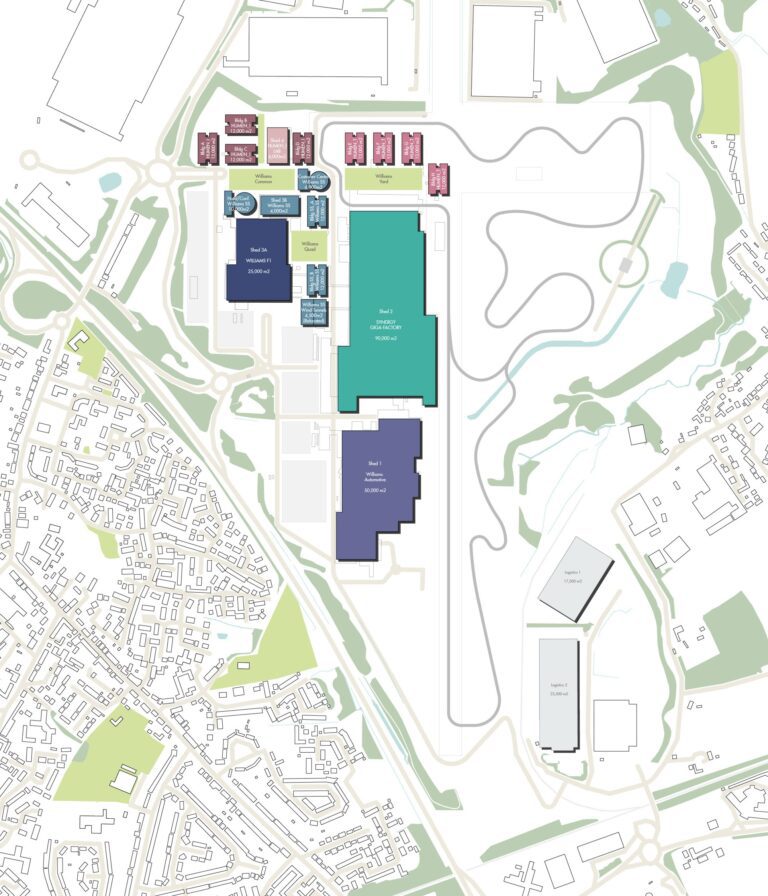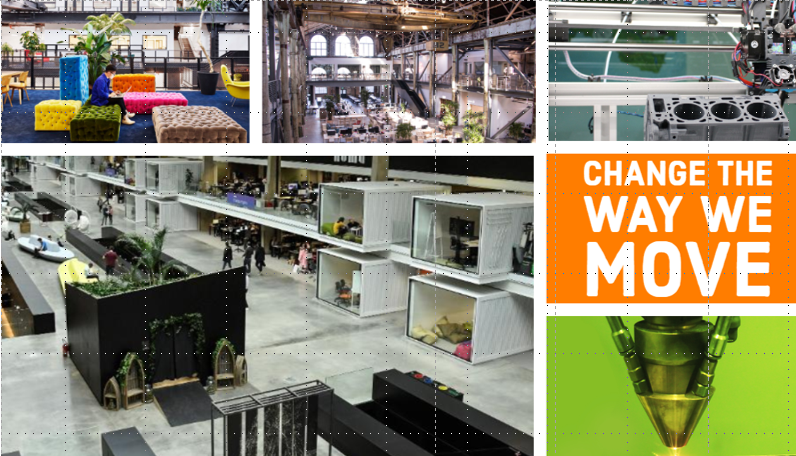
HUMEN - Planning the Redevelopment of the Honda Swindon Site

Context and Strategic Importance
Living.Lab was the lead strategy and finance consortium partner in the planning of the redevelopment of the Honda of the UK Manufacturing (HUM) facility into a global automotive cluster. The opportunity to work on a regeneration development of the Honda Swindon facility into an automotive cluster that put enterprises, start ups and academia together to create an inspiring working environment represented a once-in-a-generation opportunity to transform a pivotal industrial site into a hub for innovation, job creation, and economic growth.
Located in Swindon, the 151-hectare campus leverages its strategic position within the UK’s automotive cluster and existing skilled workforce to catalyse high-value engineering and sustainable transport technologies. This project aligned with the UK government’s broader industrial strategy, addressing economic risks posed by Brexit by providing infrastructure to retain and attract global automotive players. The planned transition aims to reposition Swindon as a Southern focus point for transportation innovation while boosting local employment, tax revenues, and inward investment.
Vision for the Redevelopment
The vision for HUM is to establish one of the largest high-value engineering campuses in the world. Anchored by the relocation of Williams F1 and the creation of a new Williams Automotive business, the site aims to deliver a fully integrated ecosystem. This ecosystem includes:
- Research and Development Facilities: A world-class engineering incubator and accelerator called HUMEN will offer testing, prototyping, and manufacturing facilities.
- Education and Collaboration: Partnerships with academic institutions will support workforce development and attract high-calibre talent.
- Sustainability Focus: Operations will prioritise low-carbon technologies, fostering the development of electric vehicles, autonomous systems, and advanced composites.
Economic and Social Impact
The project is projected to generate:
8,500 direct jobs across advanced engineering, manufacturing, and automotive sectors.
Over €3 billion in direct investment into the UK’s high-value engineering industries.
A robust supply chain ecosystem, ensuring long-term economic viability and resilience.
Political Sensitivities
The redevelopment carries substantial political implications. It serves as a case study in post-Brexit industrial policy, showcasing the UK’s commitment to maintaining global leadership in high-value manufacturing. Political backing is crucial to secure the public-private partnerships necessary for funding and operational success. Additionally, balancing community concerns, environmental standards, and economic aspirations will be key to ensuring broad support.


Timeline and Next Steps
The project will unfold in multiple phases:
- Planning and Agreements: Establishing partnerships with anchor tenants and securing investment commitments.
- Construction: Building state-of-the-art facilities, including research labs, a hotel, and conference centres.
- Operations and Scaling: Launching Williams Automotive, fostering start-ups through HUMEN, and integrating tenants into the broader ecosystem.
By creating a space where enterprise, start-ups, and academia converge, the HUM redevelopment is poised to redefine the UK’s role in global automotive innovation while delivering significant regional and national benefits.
Conclusion
This project exemplifies the power of strategic alignment between industry and government. By leveraging the UK’s motorsport expertise and fostering collaborative innovation, we helped establish a framework that continues to drive growth and position the UK as a leader in high-value engineering on the global stage. This case study demonstrates the transformative impact of a well-executed strategy in creating sustainable economic value and technological leadership.




